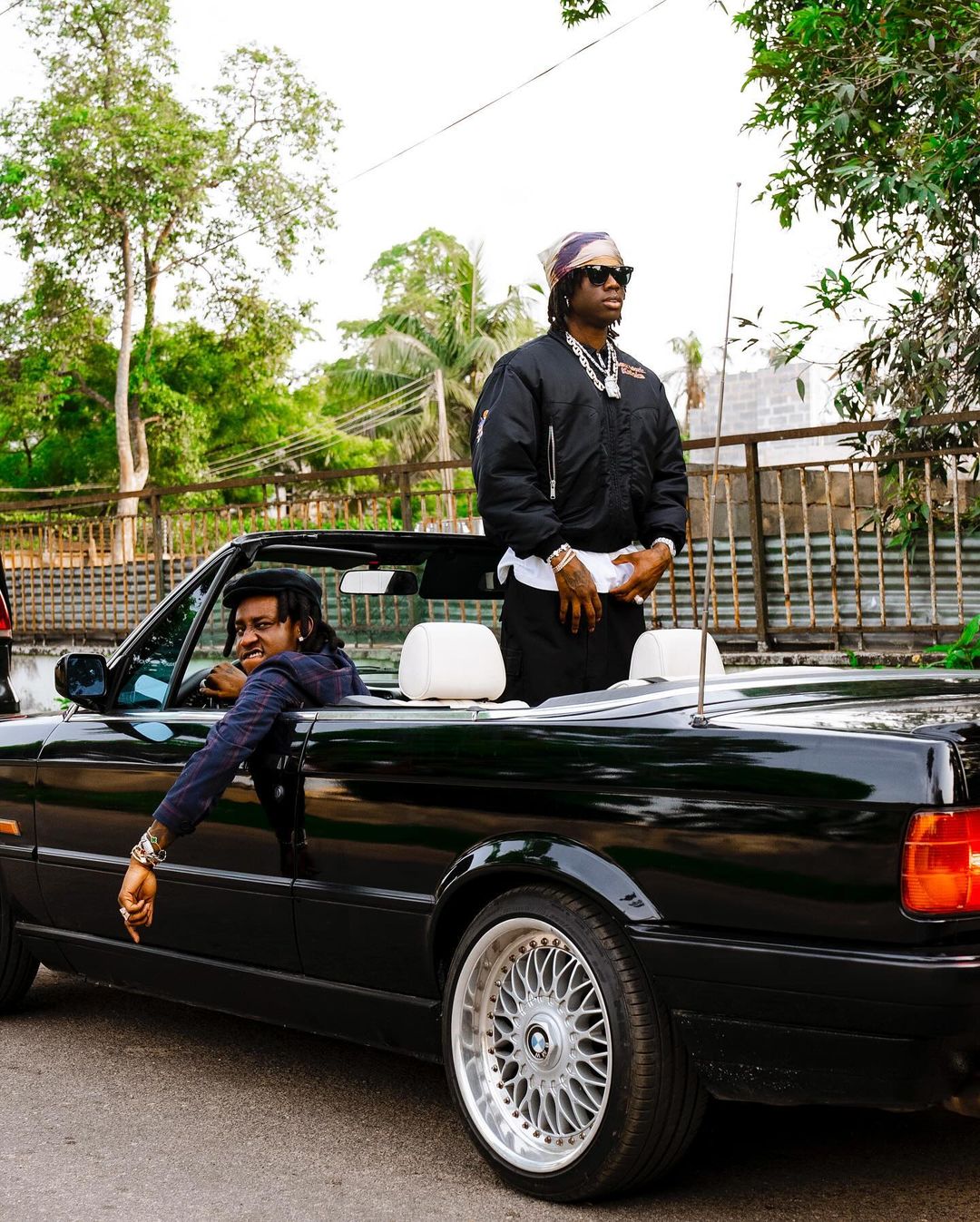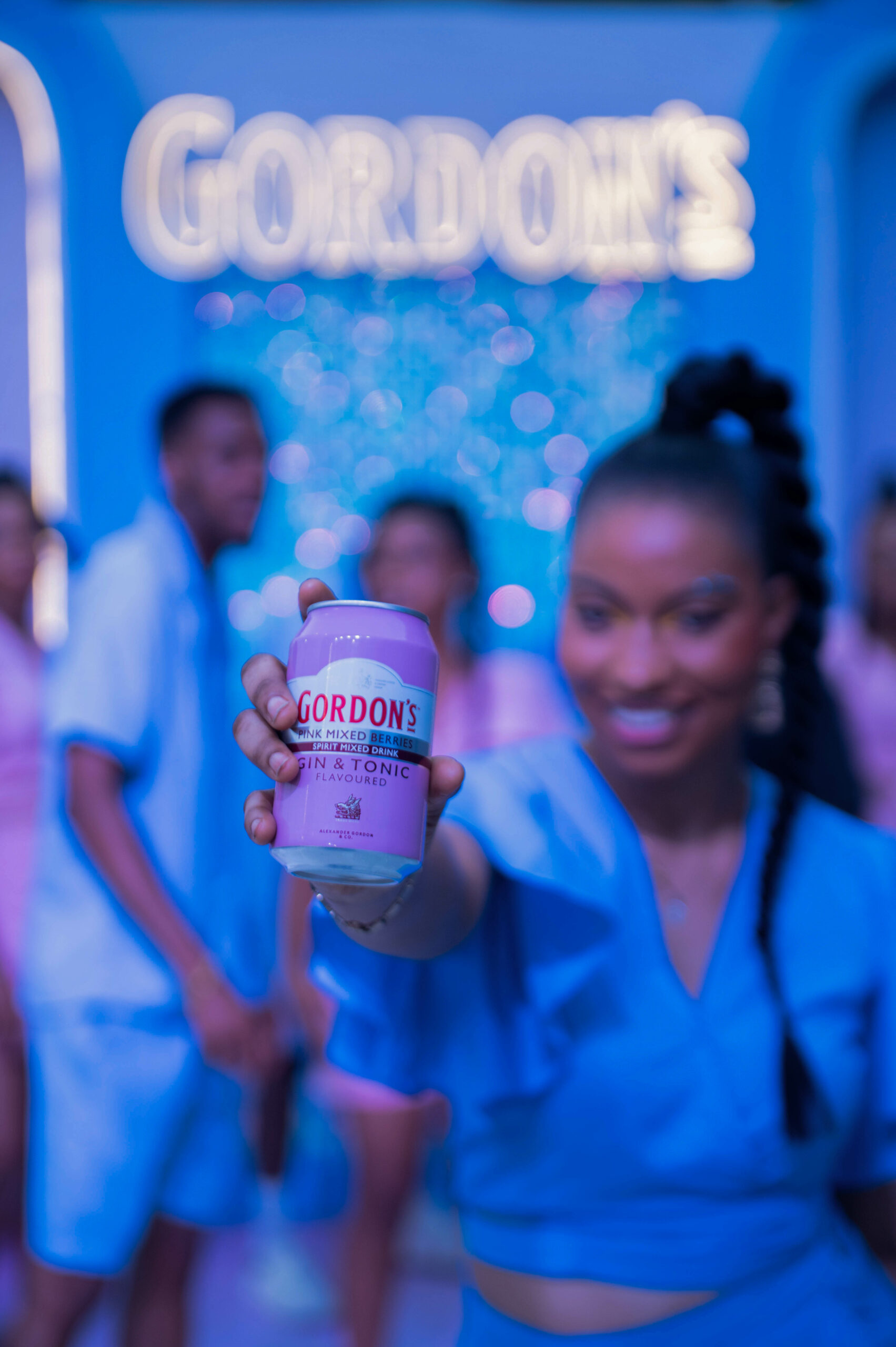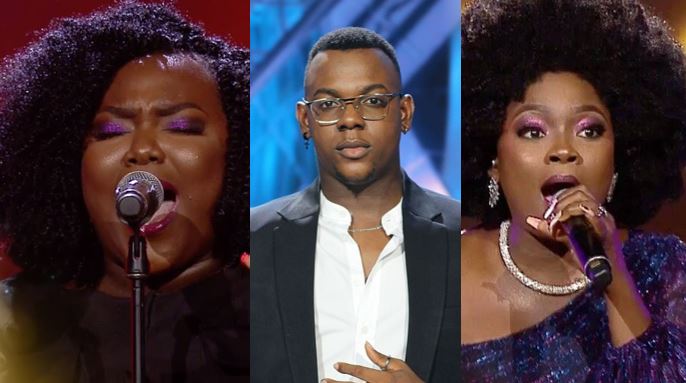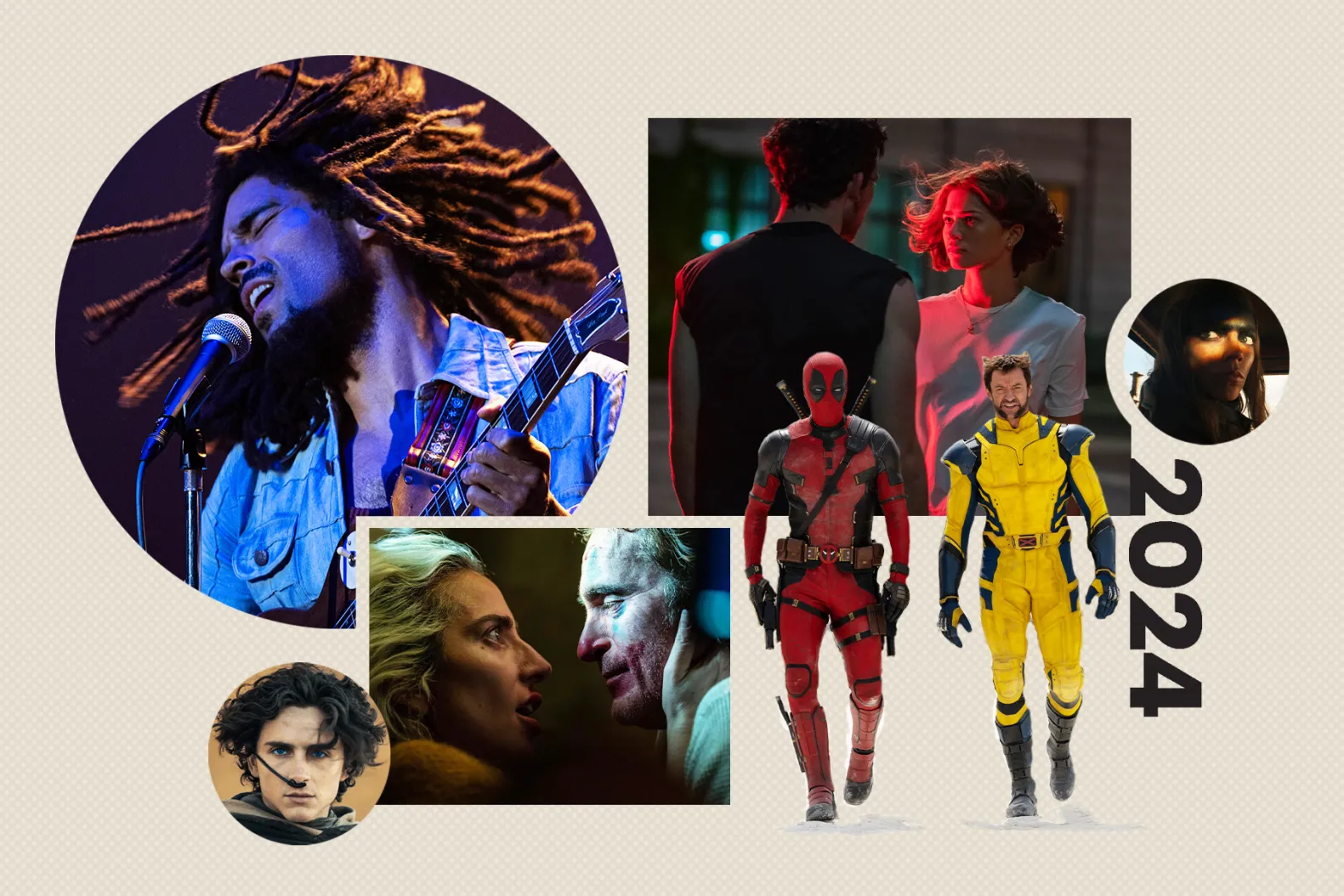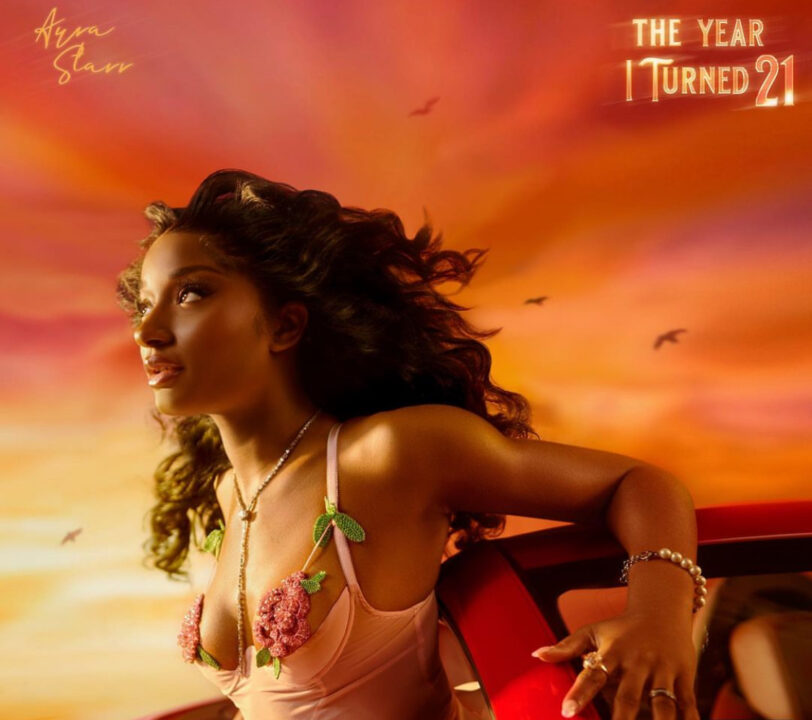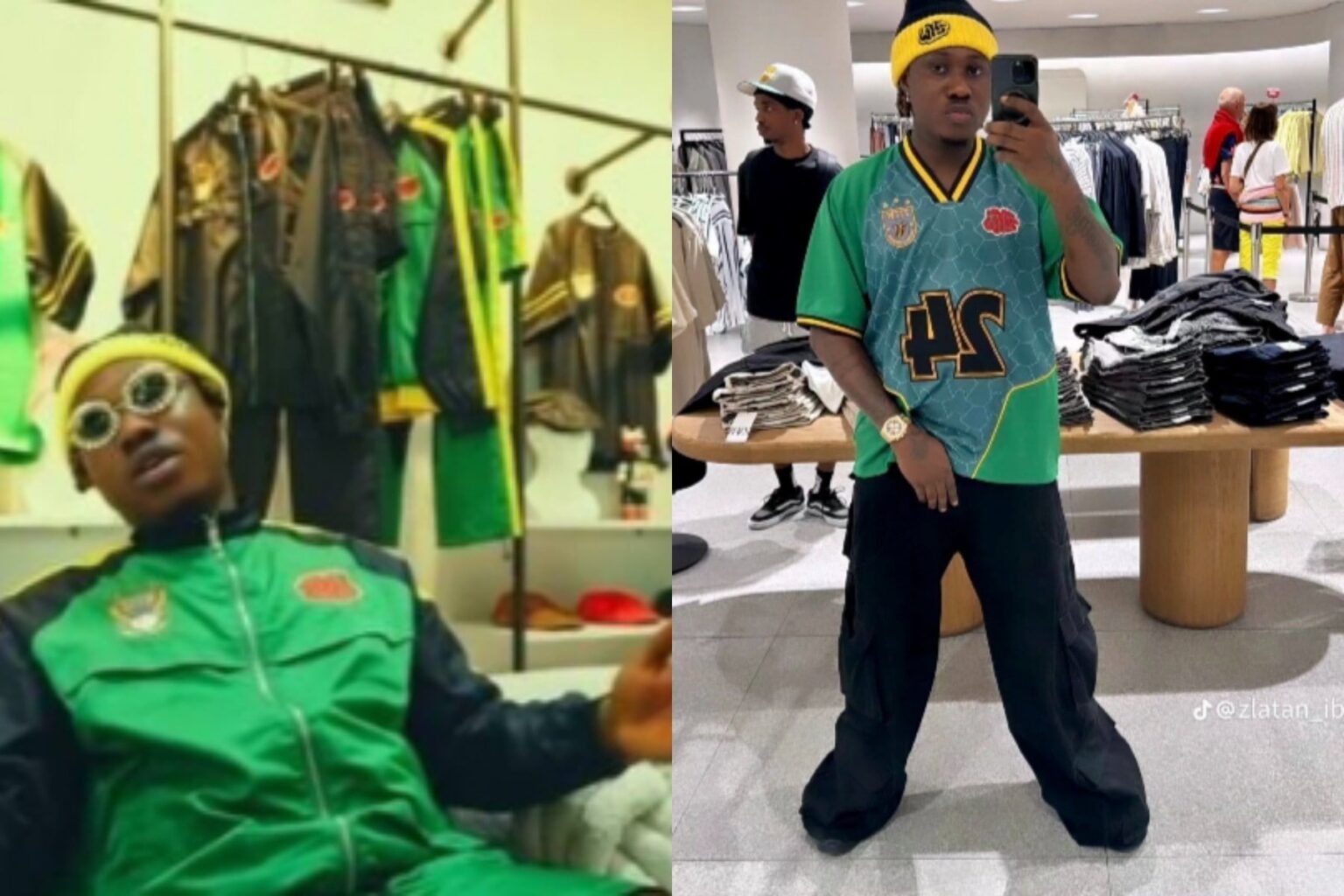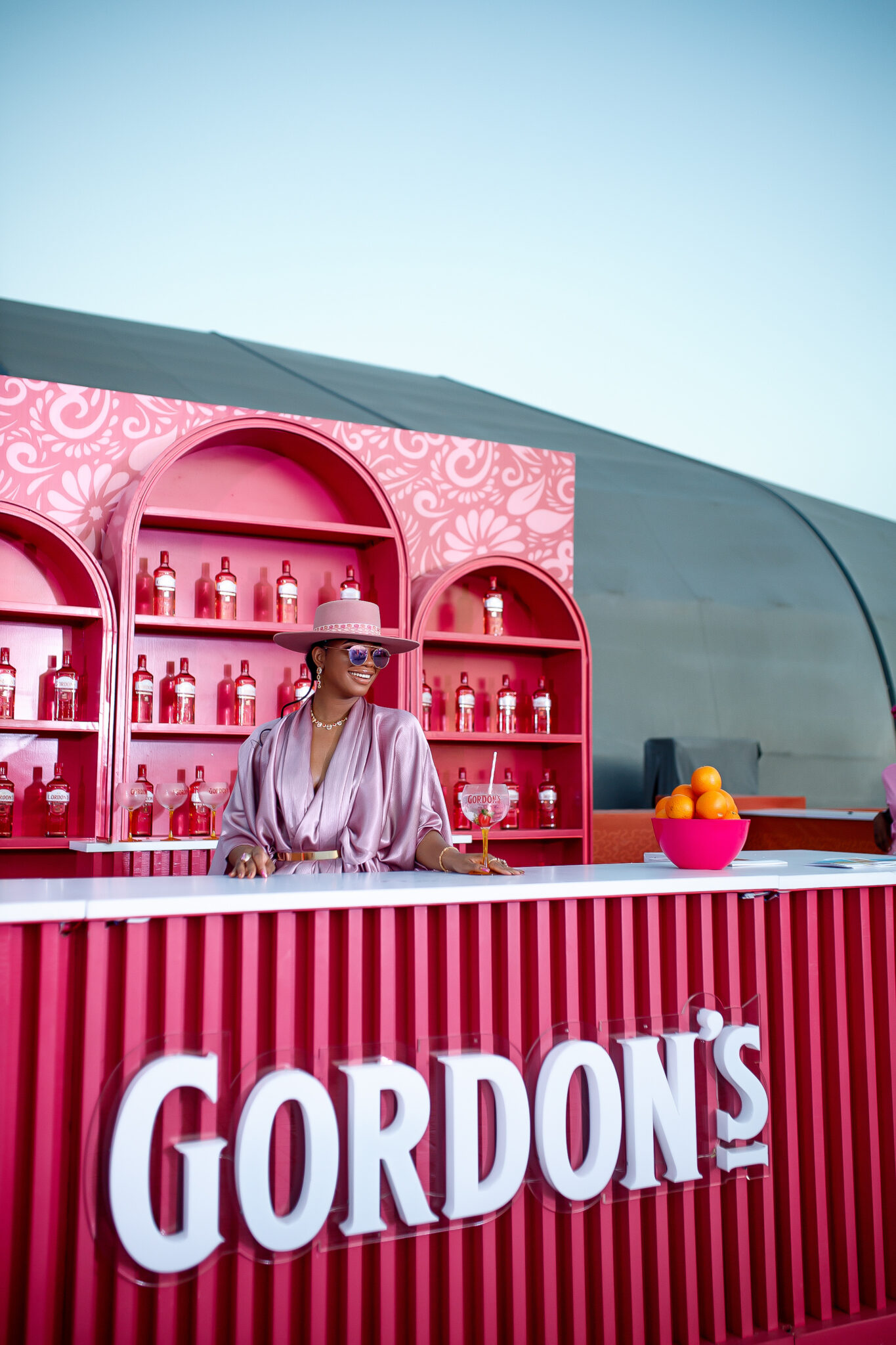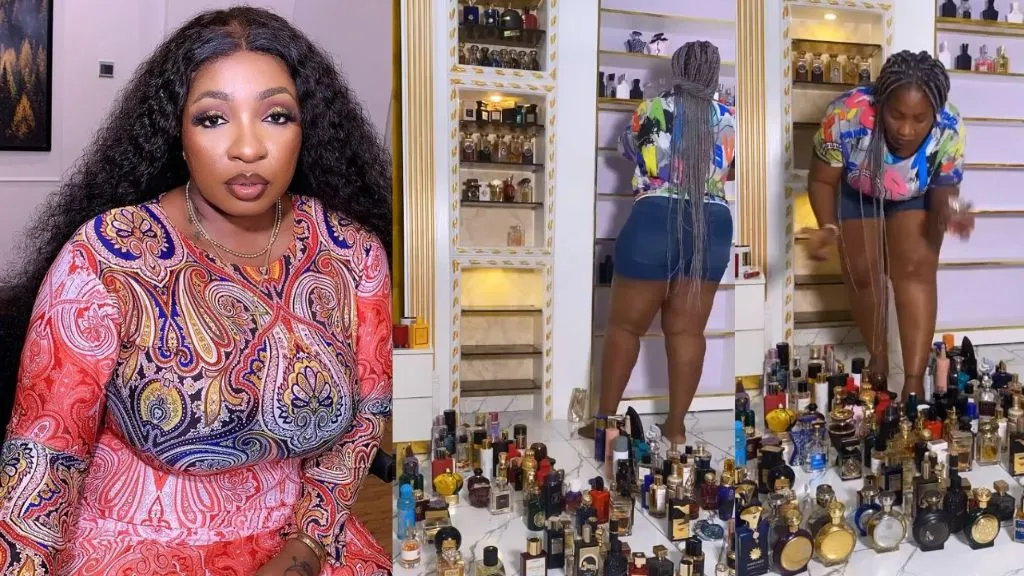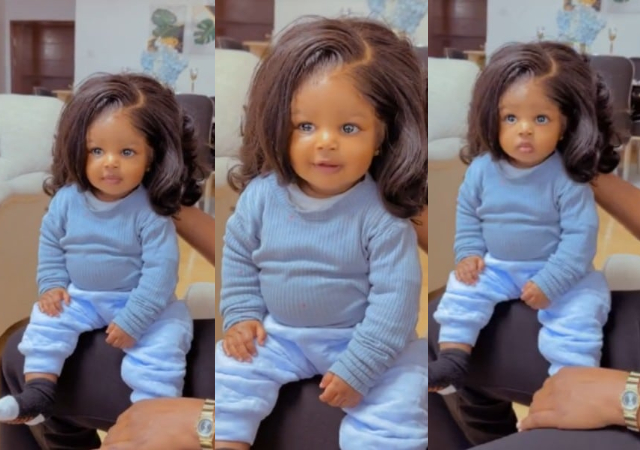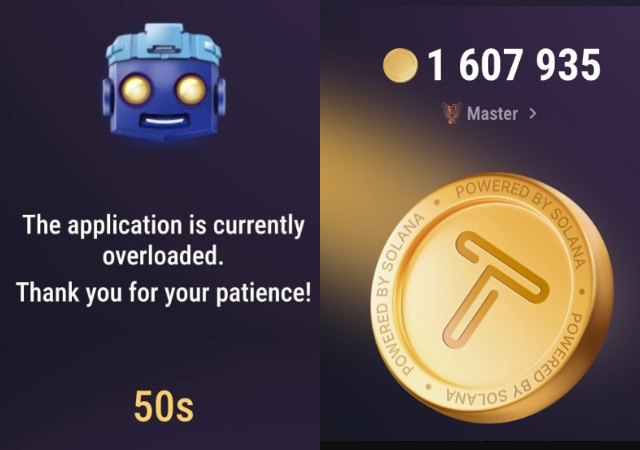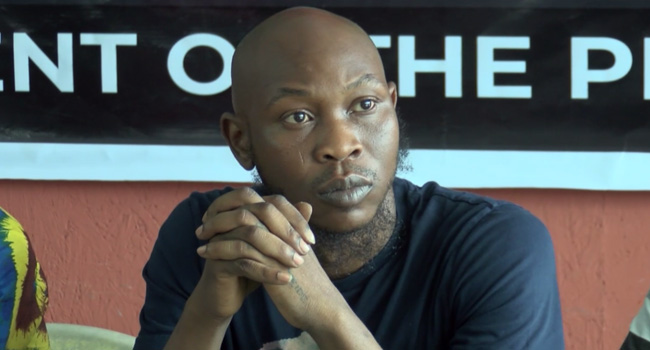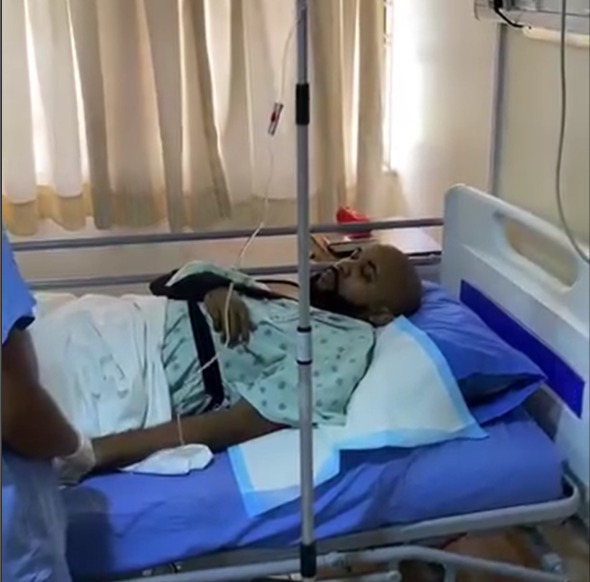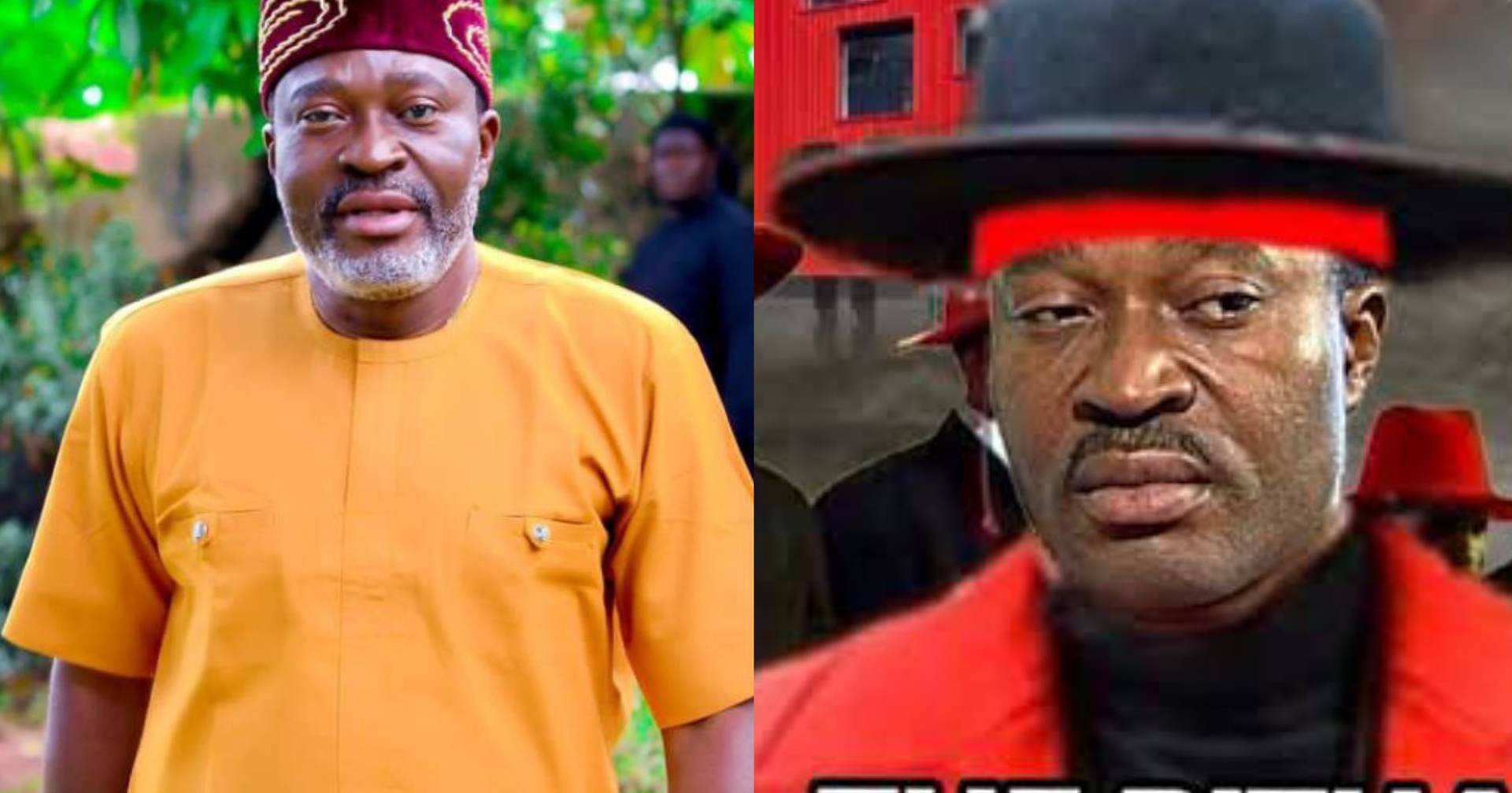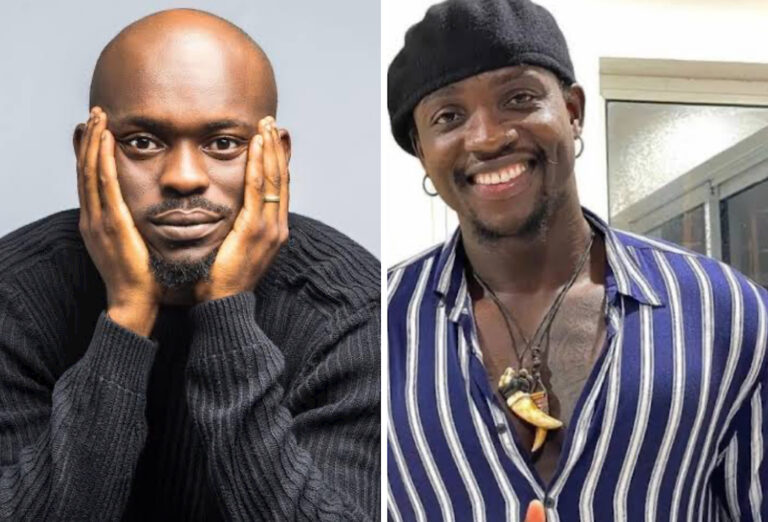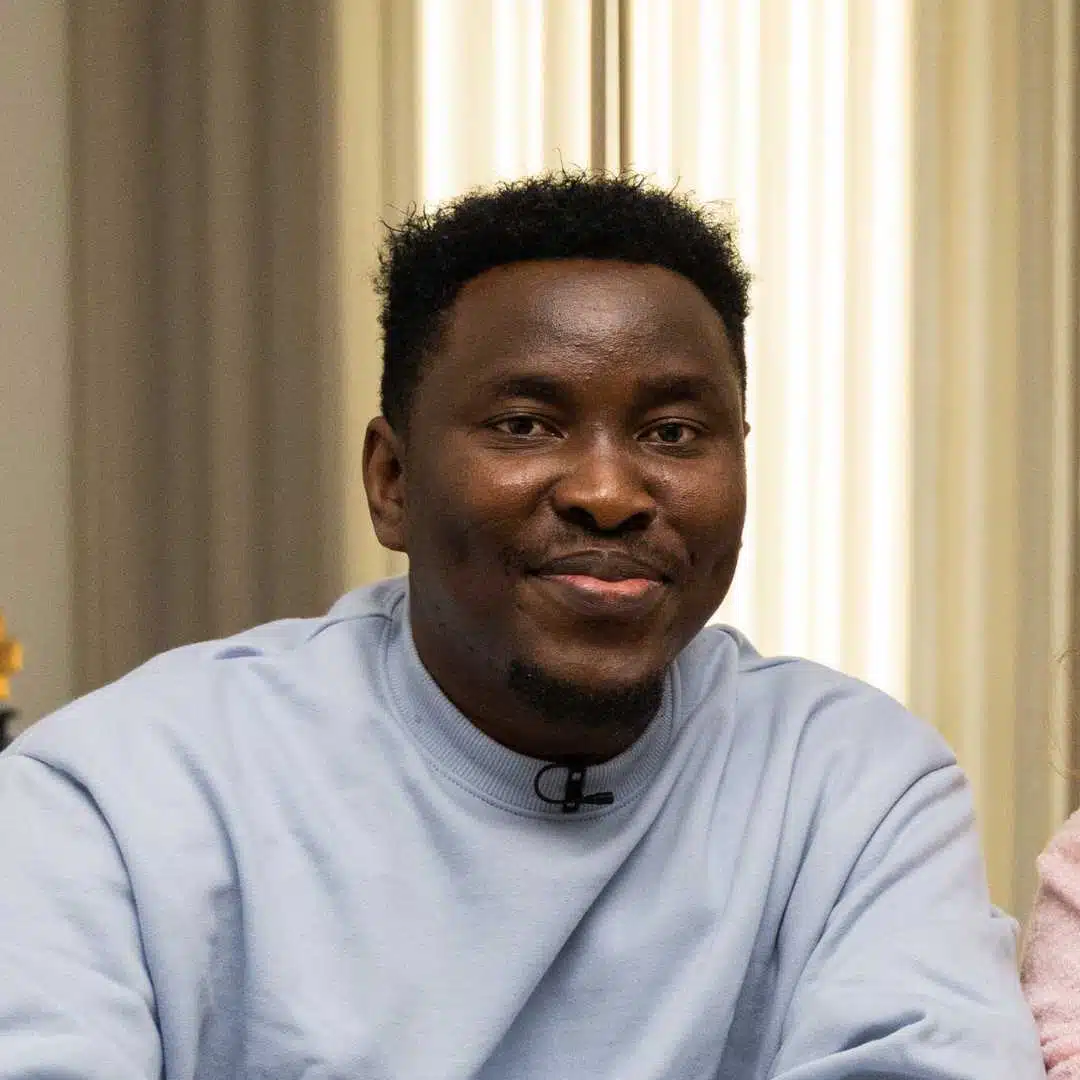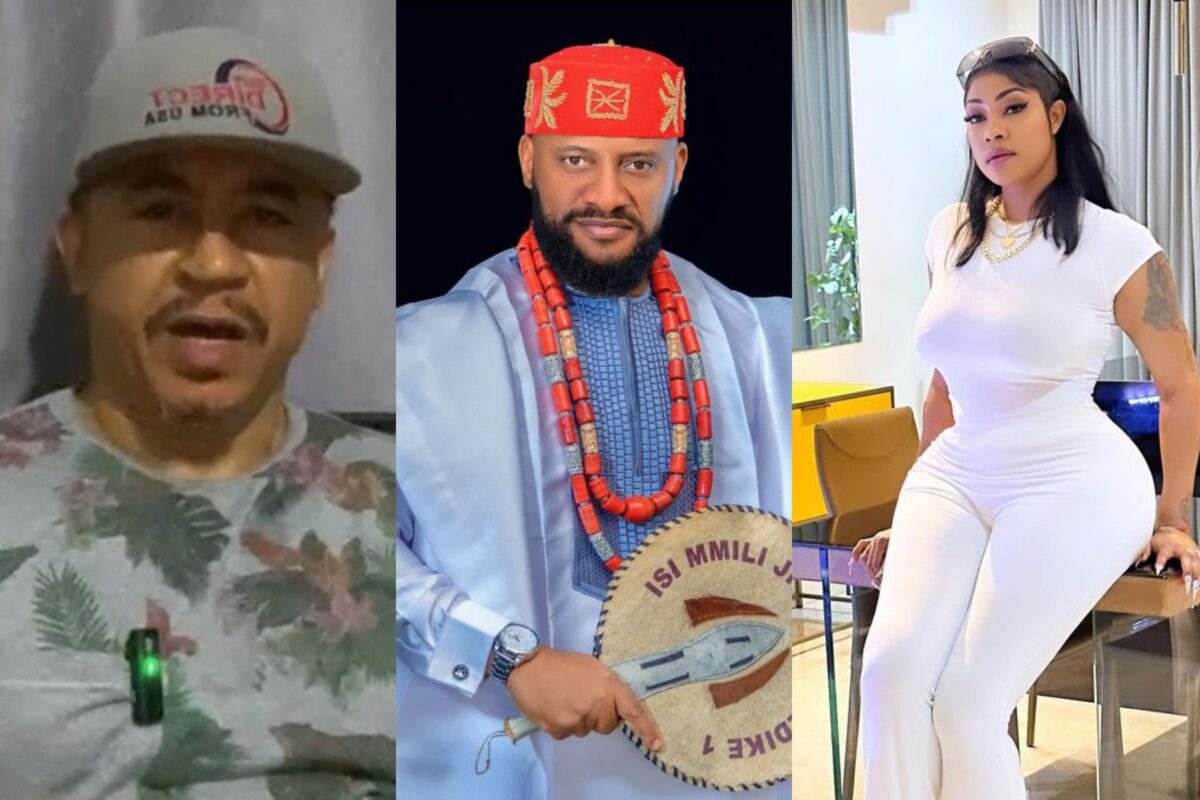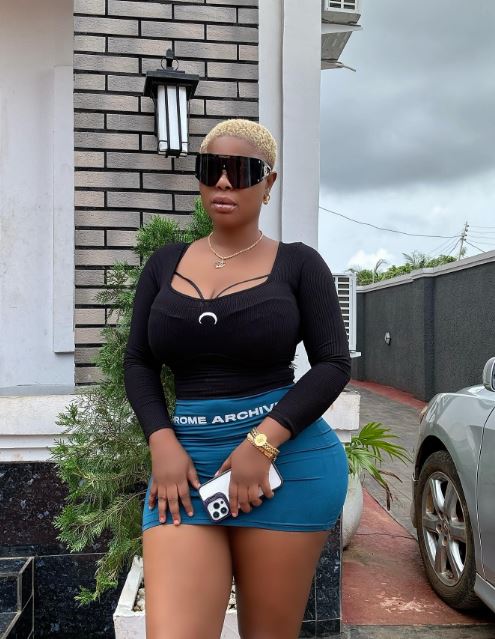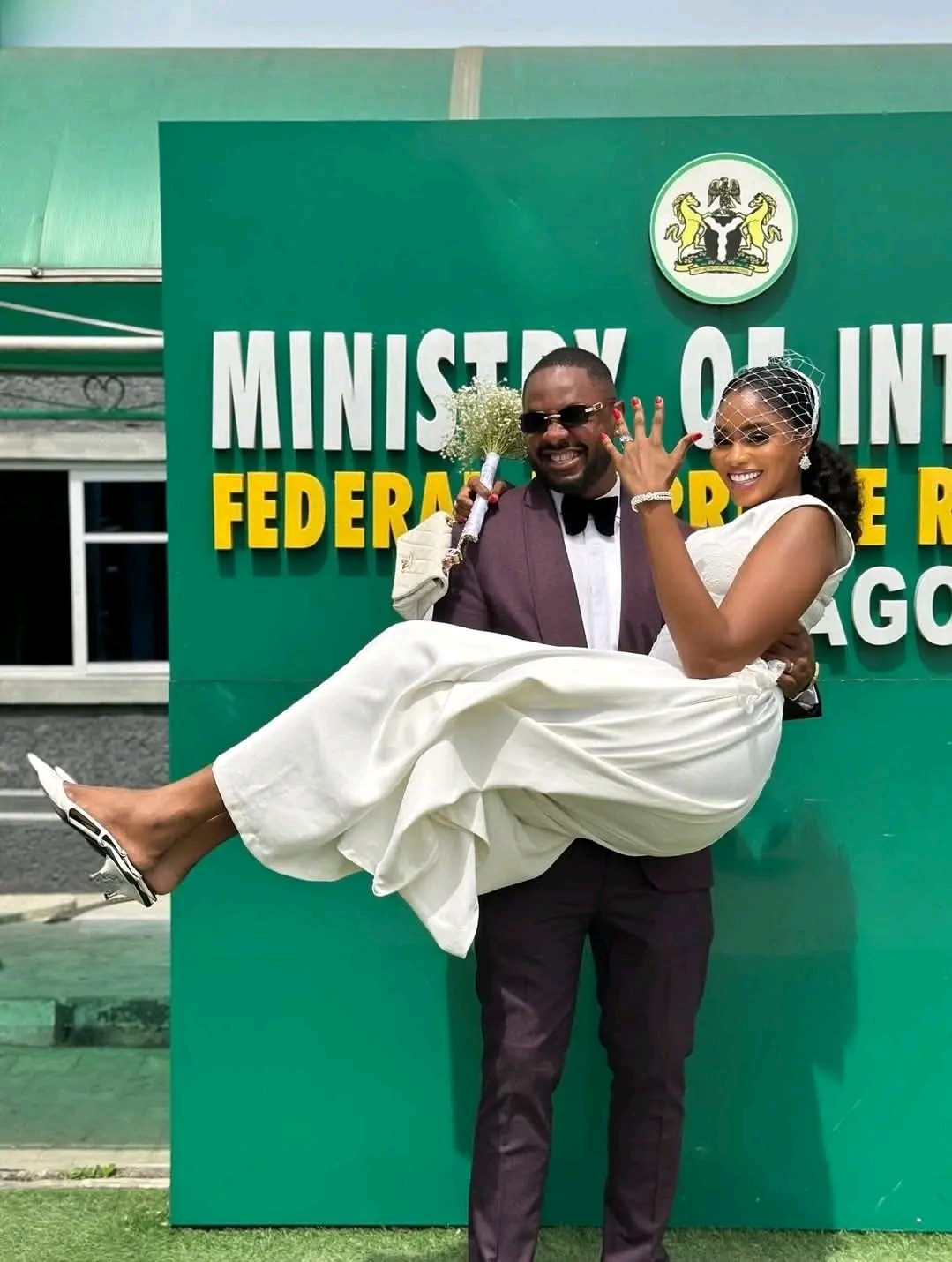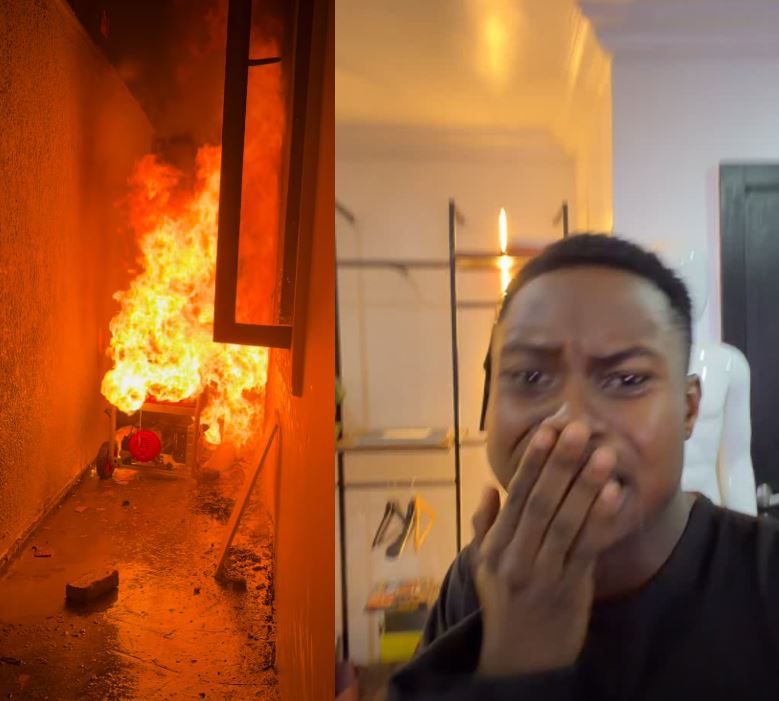Tina Turner has made a starling revelation that she was ready to end her life but her husband’s love and Kidney saved her. Read excerpts of her memoir below:
That particular week in 1985, the next date on my tour was in Cologne, Germany. As my manager, Roger, and I flew into the city, I was tired and a little down, thinking of the gruelling schedule ahead.
We were walking through the airport when a young man stepped out from behind a column to greet us. I thought he might be a fan, but Roger greeted him warmly.
Erwin Bach, an executive from EMI, my record company in Europe, had turned up to deliver a surprise gift to me from Roger — a new Mercedes jeep, the hard-to-get G-Wagon. But the real surprise wasn’t the car, it was the man.
My heart suddenly started to beat BOOM, BOOM, BOOM, drowning out all other sounds. My hands were ice-cold. So this is what they call love at first sight, I thought. Oh my God, I am not ready for this.
Suddenly, I felt very insecure about my own looks. I was wearing an Issey Miyake sweater with leather jeans — rock ’n’ roll stuff — and my hair was big, big, big in those days. But, if you ask me, I didn’t look so good and I doubt that Erwin found me attractive.
Oh, and if the hair wasn’t enough of a turn-off, I was 46, divorced and the mother of two sons and two stepsons, who were now practically men themselves.
What was going through Erwin’s mind? Later, much later, I found out that he’d felt the same inexplicable electrical charge.
The next morning, he was scheduled to go to Hawaii on a business trip. I thought about him constantly for two days — and then he called, casually mentioning that his trip had been cancelled.
He’d been a few miles away in Malibu the whole time, hanging out with his colleagues, and hadn’t thought to tell me.
I tried to stay cool, but inside I was furious. ‘Tina, you stupid old fool,’ I fumed. Why did I make such bad choices in men? Why was there always disappointment? I couldn’t bear the thought of being hurt again. I was better off alone, I decided.
A few months passed. I ran into Erwin again while I was promoting Private Dancer in Basel, Switzerland, and all my feelings came roaring back.
I’d rented a house in Gstaad for the holidays, so I invited him and some other people from EMI to visit. And one night, Erwin turned up alone, wearing a funny little German hat and exuding a masculinity that I found irresistible.
By the end of the evening, I’d made up my mind to pack up and move in with him. From now on, wherever Erwin was would be my home.
Thus began my love story with a man who was 16 years younger than me. But that was never an issue in my mind, then or now.
The world may view Erwin as Tina’s ‘younger man,’ but the truth is that, at heart, he’s really 60 and I’m 16. He’s always been an old soul. And he’s much more mature than I am: he thinks ahead and exercises caution, while I’m more likely to leap without looking.
In any case, at 46, I didn’t look older than Erwin, who was 30. And I don’t look older than him today.
I never think about the age difference. I don’t even feel I need to work at looking pretty in bed — I’m past that. What’s love got to do with it? A lot!
So I made the right decision when I packed my ten Louis Vuitton suitcases and headed for Erwin’s two-roomed apartment near Cologne. It contained a great sound system, I noticed, but not much else.
When I got to know Erwin a little better, I learned that ‘minimalist’ is his middle name: he hates stuff. Me, I’ll cover every surface with books, candles, photographs, potpourri, anything to add personality.
So my first thought was: ‘Well, this room really needs decorating.’ I waited till Erwin had to fly to Brazil on business, then did a whirlwind shop at a home interiors store and rearranged everything in his flat. It was supposed to be a big surprise, and it was. He was horrified. Everywhere he looked, there was stuff, stuff and more stuff.
Luckily, a friend joined us for dinner that night, so Erwin had to contain his aggravation. By the next day, he’d calmed down a little.
Isn’t it funny that he had a harder time adjusting to new furniture than to the new woman in his life? We survived that battle, but the decorating war continues to this day.
A more pressing problem was my ten suitcases (for a month’s stay), as there was no room for them in the 100 sq m apartment.
So I stored my bags in the communal basement and had to keep running down to get my clothes.
Imagine his neighbours’ surprise when they walked into the basement laundry room and came across Tina Turner, rummaging around for something to wear.
As for my security people, they had to sleep in a nearby hotel and communicate with me via walkie-talkie. I’m sure Erwin rolled his eyes from time to time, as he’s never impressed by celebrity and all that goes with it.
I was already head-over-heels in love with him. For the first time, I felt that I was truly in a relationship. This is how it’s supposed to be, I told myself.
One day, he asked me in his charming German way: ‘Are we together?’ — meaning are we a couple?
Remembering the naughty pass I’d made just after we met, he couldn’t help worrying that I might be wild and unpredictable, that I was just playing, that I might just run off one day.
But rather than wanting to run away — which is how I’d always felt with Ike — I just wanted to be with Erwin more and more.
I wasn’t looking for a husband; I just wanted to be loved. Childhood — never loved. Past relationships — never loved. My whole life — never really loved. More than anything, I needed to feel that Erwin loved me. And he did. He really did.
In 1989, when I was about to turn 50, he proposed. But I wasn’t certain how I felt about marriage. Marriage can change things and, in my experience, not always for the better.
For the next few years, we spent a lot of time together in Cologne and in a house that I bought in the South of France.
Then, in 1995, when Erwin was asked to run the EMI office in Switzerland, I accompanied him like a good German Frau.
We moved into an old-fashioned villa on Lake Zurich, called the Château Algonquin, where we still live today.
We’ve made many good friends. And, believe me, there’s nothing ‘showbusiness’ about any aspect of our life here.
One day, I was sitting next to Sophia Loren at an Armani fashion show in Milan. I mentioned that I was taking a break from singing.

And so I embarked on my 50th Anniversary tour, which celebrated my half century as a singer. I was excited to get back to work, but I noticed that I wasn’t as energetic as I used to be.
True, I was 69, and on a demanding international tour. Plus, I had high blood pressure, for which I’d been taking medication since 1985. Was that why it was taking every drop of energy to make it through my performance each night?
After working so hard for so many years, I was ready to stop. I didn’t want my fans to come to a show in a year, or two years, and think: ‘Oh, she used to be good.’
I had a lot of pride and I’ve always had great timing. So at the end of the tour, I hung up my dancing shoes and went home.
From the start, I loved retirement. I just wanted to shop for food, take walks with Erwin, work in my garden, watch the seasons change by the lake and, most of all, enjoy the quiet.
I felt good. I’d never smoked or taken drugs. I was still in good shape after 50 years of intensive stage workouts. I still looked pretty good, too: in 2013, German Vogue asked me to be on its cover.
I think I can safely say that, at 73, I was the oldest cover ‘girl’ in Vogue’s history at that point.
The year before, Erwin had proposed once again, and this time I’d answered with an emphatic: ‘Yes!’ It was a commitment that didn’t come easily to me, but I knew he was the love of my life.
You know that wonderful expression: ‘If you want to make God laugh, tell him your plans’?
On an ordinary October morning in 2013, just three months after our glorious wedding, I woke up and felt a lightning bolt strike my head and right leg. I tried to speak but I couldn’t get any words out.
I was having a stroke.

The stroke had delivered a powerful blow to my body: my entire right side was numb. I’d have to work with a physiotherapist to learn how to walk again, the doctor told me, and using my right hand would be a problem.
But the psychological effects were even more profound. I was miserable. The battle for recovery left me with no strength or vitality.
And I wasn’t just dealing with the aftermath of the stroke: my doctor was concerned that my high blood pressure might be affecting my kidneys, so he referred me to a specialist.
Dr Jorg Bleisch, an expert nephrologist, broke the news that my kidneys were performing at only 35 per cent of their normal function.
We’d need to monitor them carefully, he said, prescribing yet more medication to control my blood pressure.
What I didn’t realise was that there were bigger battles ahead. Battles that would leave me wondering: ‘How did I go from being the picture of health, a cover girl, a bride for God’s sake, to this?’ After a while, I began to resent the drugs I was taking to control my high blood pressure — I was certain they were making me feel less clear-headed and energetic.
So when a friend recommended a homeopathic doctor in France, I decided to put my faith in another kind of healing.
The homeopath — who replaced my conventional medicines with homeopathic remedies — suggested that my body was being affected adversely by toxins in the water supply at the Château Algonquin. Eager to try a new approach, no matter how far-fetched, I replaced all the pipes in the house and had our water purified by crystals.
The new treatments actually made me feel better. But I knew my doctors wouldn’t approve, so I took the coward’s way out: I simply didn’t tell them.
The trouble started when I went to see Dr Bleisch for another check-up. I felt fine, so I expected good news. That’s why I decided it was time to confess to what I’d done.
Big mistake. Big, big, mistake. He seemed shocked and incredulous. My failure to treat my high blood pressure, he told me, had essentially destroyed my kidneys.
If I’d known that unmanaged high blood pressure could accelerate kidney damage, of course, I wouldn’t have traded my medication for homoeopathic alternatives. As it was, the consequences of my ignorance ended up being a matter of life and death.
Let me be clear: I’m not condemning homeopathy. In fact, I was treated successfully by a homeopathic doctor after being diagnosed with tuberculosis in 1969. But this time I was much older, with a serious long- term illness that needed conventional treatment.
If only I hadn’t discontinued the medication. If, if, if! My foolish decision would continue to haunt me, yet Erwin never once reproached me for it.
Not long after this blow, my health began to fail again. I became so weak that I couldn’t leave the house; it took all my strength to stagger between bedroom and bathroom.
This time, I was diagnosed with early-stage intestinal cancer — a carcinoma and several malignant polyps. As I waited for surgery, I cried to Erwin: ‘Aren’t you sorry you married an old woman?’
Fortunately for me, he always radiated confidence, optimism and joie de vivre, and helped me to keep calm.
A month after my diagnosis, I had part of my intestine removed. The doctors were optimistic and I felt a glimmer of hope again. But just a glimmer, and only for a moment.
By December 2016, my kidneys were at a new low of 20 per cent and plunging rapidly. And I faced two choices: either regular dialysis or a kidney transplant.
Only the transplant would give me a very good chance of leading a near-normal life. But the chances of getting a donor kidney were remote.
At the time, Switzerland’s organ-donor rate was one of the lowest in Europe — which meant that, at 75, I’d probably never rise to the top of the waiting list.
So Dr Bleisch scheduled me to start dialysis. ‘Oh no, no, no,’ I told him. ‘I’m not living on a machine.’
It wasn’t my idea of life. But the toxins in my body had started taking over. I couldn’t eat. I was surviving, but not living.
I began to think about death. If my kidneys were going, and it was time for me to die, I could accept that. It was OK. When it’s time, it’s really time. I didn’t mind the thought of dying, but I was concerned about how I would go.
One of the benefits of living in Switzerland is that assisted suicide is legal, though the patient has to inject the lethal drug herself.
There are several organisations that facilitate the process, including Exit and Dignitas. I signed up to be a member of Exit, just in case.
I think that’s when the idea of my death became a reality for Erwin. He was very emotional about not wanting to lose me, not wanting me to leave.
He said he didn’t want another woman, or another life; we were happy and he’d do anything to keep us together.
Then he shocked me. He said that he wanted to give me one of his kidneys.
I was overwhelmed by the enormity of his offer. But because I love him, my first response was to try to talk him out of taking such a serious and irreversible step.
He was a young man. Why should he take such a risk to give an older woman a few extra years? What if he had a problem some day with his remaining kidney?
‘Darling, you’re young. Don’t, don’t, don’t interfere with your life. Think about your own future,’ I urged. But Erwin had made up his mind. ‘My future is our future,’ he told me.
At the University Hospital of Basel, Erwin had to go through a battery of psychological tests to make sure he was donating a kidney for the right reasons.
As I’d expected, the doctors accepted that he knew what he was doing. Erwin always knows exactly what he’s doing; that’s his nature. His offer to give me his kidney was a gift of love, and he remained unflappable and relaxed. Next, there were medical tests to determine our compatibility, and we got the encouraging news that we shared the same type A blood group. Meanwhile, all I could hear was the clock ticking. I couldn’t afford to lose a bit of my strength, energy or courage.
I was already a high-risk patient because of my recent cancer, but the risk escalated when tests showed that my heart had been damaged by so many years of high blood pressure: the muscle was enlarged and the vessels calcified.
There was some question about whether a weak heart could withstand the stress of surgery.
But ultimately our big day was scheduled: April 7, 2017. Two operating theatres were prepared — one for the donor and one for the recipient — two surgical teams, two of everything. Erwin’s operation took place first. While I was understandably anxious about the transplant, I was far more concerned about him. After about an hour, it was my turn.
When I awoke, I was so groggy that everything — lights, sounds, smatterings of conversation, visits from doctors and nurses — felt dream-like.
It took me a while to understand that I was in Intensive Care, surrounded by what seemed like 100 machines, starting my new life as a woman with a healthy kidney. The following day, after a few tentative stretches of my fingers and toes, I realised that I felt fine.
The best moment was when Erwin came rolling into my room in his wheelchair.
He somehow managed to look good, even handsome, as he greeted me with an energetic: ‘Hi, darling!’ I was so emotional — happy, overwhelmed and relieved that we’d come through this alive.
I was discharged after only seven days, and Erwin’s recovery was even faster.
He snapped right back to his old self, and within a few weeks was enjoying his first glass of wine.
He’s been full speed ahead ever since. I, on the other hand, have experienced ups and downs.
My body keeps trying to reject the new kidney, which is not uncommon after a transplant.
This means I have to take strong doses of immunosuppressants to weaken my antibodies and prevent them from attacking an organ they don’t recognise.
Sometimes, the treatment — which causes dizziness, forgetfulness and anxiety — involves spending more time in hospital.
Last year, as Christmas approached, I started feeling more energetic. I’m not trying to tempt fate, though — I know that my medical adventure is far from over. After a transplant, it seems that there’s always another test, another doctor’s appointment or biopsy to get through.
But I’m still here. We’re both still here, closer than we ever imagined — and that’s cause for celebration.
Erwin knew that the old Tina was back at last when I got excited about putting up Christmas ornaments and ordering new tables for the living room.
After so many years of being frightened and sick, I was revelling in the sheer joy of being alive.
Adapted by Corinna Honan from My Love Story by Tina Turner, to be published by Century on October 18




